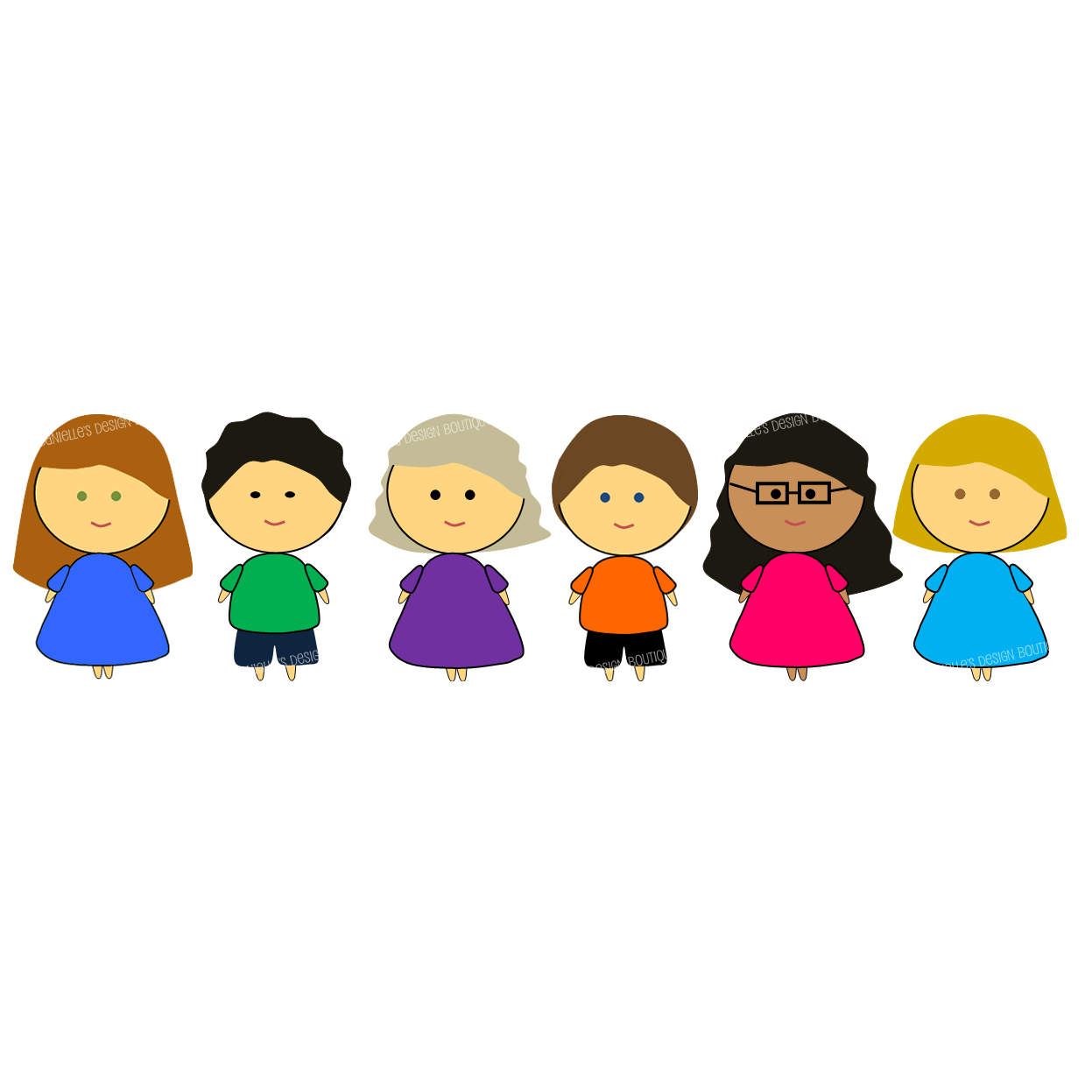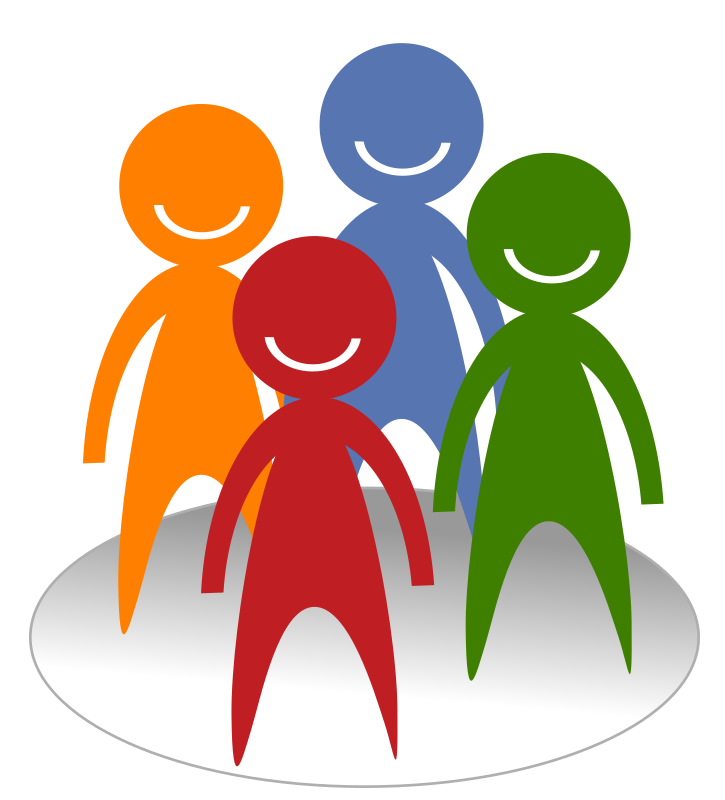Hey there, fellow human being! Let’s dive into something that touches all of us—people. Yep, you read that right. We’re talking about the very essence of society, culture, relationships, and everything in between. Whether it’s family, friends, colleagues, or even strangers on the street, people shape our world in ways we often overlook. So, buckle up because this is going to be an eye-opening journey into what makes people so fascinating, influential, and downright amazing.
When we talk about people, we're not just referring to individuals walking around with their own stories, dreams, and struggles. No, no, no. People are the building blocks of civilizations, the creators of art, the drivers of change, and the keepers of traditions. They are the heart of every community, the soul of every movement, and the spark behind every innovation. Understanding people isn't just important—it's essential.
In today’s fast-paced, technology-driven world, it’s easy to get caught up in algorithms, data, and trends. But at the core of it all, it’s still people who matter most. From the way they communicate to how they adapt, grow, and inspire others, people are the ones who truly make the world go round. So, let’s explore what makes them tick, how they impact our lives, and why understanding them can lead to greater connections, empathy, and success.
Read also:Amanda Setton Parents Unveiling The Life Behind The Scenes
What Exactly Are We Talking About When We Say "People"?
Alright, let’s break it down. When we say "people," we’re talking about more than just the biological definition of Homo sapiens. Sure, that’s part of it, but there’s so much more to unpack. People are individuals with unique personalities, beliefs, values, and experiences. They come from different backgrounds, cultures, and walks of life, and that diversity is what makes them so intriguing.
From a sociological perspective, people are the foundation of societies. They create norms, rules, and structures that govern how we interact with each other. They also challenge those norms when necessary, pushing boundaries and driving progress. Historically, people have been the driving force behind some of the most significant changes in human history—from the Renaissance to the Civil Rights Movement.
But here’s the kicker: people aren’t just passive participants in life. They actively shape the world around them. Their decisions, actions, and interactions ripple out and affect everyone else. That’s why understanding people is crucial, whether you’re a business leader, educator, policymaker, or simply someone trying to navigate the complexities of modern life.
Why Do People Matter So Much?
Let’s face it—without people, the world would be a pretty dull place. Think about it: who writes the books, composes the music, builds the cities, or invents groundbreaking technology? Yep, you guessed it—people. They are the creators, innovators, and problem-solvers who keep the world moving forward.
But beyond that, people matter because they form the basis of relationships. Whether it’s the bond between family members, the camaraderie among friends, or the collaboration in a workplace, people are at the center of every meaningful connection. And let’s not forget the emotional side of things. People experience love, joy, sadness, anger, and everything in between. Those emotions are what make life rich and fulfilling.
Additionally, people are the ones who drive social change. They fight for justice, advocate for equality, and work to improve the lives of others. Without people, there would be no movements, no progress, and no hope for a better future. So, yeah, people matter—a lot.
Read also:Cameron Diaz In The Mask A Deep Dive Into Her Iconic Role
Biological vs. Social Understanding of People
Biological Perspective
From a biological standpoint, people are complex organisms. They have physical characteristics, genetic traits, and biological functions that define them as human beings. But what sets people apart from other species is their capacity for higher thinking, creativity, and emotional intelligence. The human brain is one of the most advanced organs in the animal kingdom, capable of processing vast amounts of information, solving problems, and even imagining things that don’t yet exist.
Evolution has played a huge role in shaping people as we know them today. Over thousands of years, humans have adapted to their environments, developed tools, and formed communities. These adaptations have allowed them to thrive in diverse ecosystems, from the icy tundras of Siberia to the scorching deserts of Africa.
Social Perspective
On the flip side, people are also social creatures. They thrive in groups, form communities, and rely on each other for survival and support. Social interactions are essential for mental and emotional well-being. Studies have shown that people who have strong social connections tend to live longer, healthier lives than those who are isolated.
Moreover, people are influenced by their surroundings. Culture, education, and environment all play a role in shaping who they are and how they behave. This is why people from different parts of the world can have vastly different beliefs, values, and traditions. Yet, despite these differences, people share a common humanity that connects them all.
Key Characteristics of People
So, what makes people unique? Here are a few key characteristics that set them apart:
- Creativity: People have the ability to imagine, create, and innovate. From painting masterpieces to designing skyscrapers, creativity is one of their defining traits.
- Emotional Intelligence: Unlike many animals, people can understand and manage their emotions. This emotional intelligence allows them to form deep, meaningful relationships.
- Adaptability: People are incredibly adaptable. They can adjust to new environments, learn new skills, and overcome challenges.
- Curiosity: Humans are naturally curious beings. They are driven to explore, discover, and learn about the world around them.
- Empathy: People have the ability to put themselves in someone else’s shoes and understand their feelings. This empathy fosters compassion and understanding.
These characteristics, among others, make people unique and fascinating to study. Whether you’re a psychologist, sociologist, or just a curious individual, there’s always something new to learn about people.
How People Impact Society
Positive Contributions
People have made countless positive contributions to society. Think about the advancements in medicine, technology, and science that have improved the quality of life for millions. People have also created works of art, literature, and music that inspire and uplift others. Furthermore, they have fought for justice, equality, and human rights, making the world a better place for everyone.
Take, for example, the work of activists like Martin Luther King Jr., Malala Yousafzai, and Greta Thunberg. These individuals have used their voices to bring about meaningful change. Their actions have inspired millions to join the fight for a better world.
Challenges and Conflicts
Of course, not all impacts are positive. People can also cause harm through greed, prejudice, and misunderstanding. Wars, discrimination, and environmental destruction are just a few examples of the negative effects people can have on society. However, it’s important to remember that these issues are not inevitable. By fostering empathy, understanding, and cooperation, people can work together to overcome these challenges.
Understanding People Through Data
Data can be a powerful tool for understanding people. By analyzing demographics, behavior patterns, and social trends, researchers can gain insights into how people think, feel, and act. For example, data might reveal that people in urban areas tend to use public transportation more than those in rural areas. Or it might show that younger generations are more likely to prioritize sustainability and environmental issues.
But data alone isn’t enough. It’s important to combine quantitative data with qualitative insights. This means listening to people’s stories, understanding their perspectives, and recognizing their individuality. After all, people are more than just numbers on a spreadsheet—they are complex, multifaceted beings with unique experiences and challenges.
People in Different Contexts
People in Business
In the business world, people are the key to success. Whether it’s employees, customers, or stakeholders, understanding people is crucial for building strong relationships and achieving goals. Companies that prioritize employee well-being, customer satisfaction, and ethical practices tend to perform better in the long run.
People in Education
In education, people are both the learners and the teachers. Effective educators understand that each student is unique and requires personalized attention. By tailoring their approach to meet individual needs, educators can help students reach their full potential.
People in Healthcare
In healthcare, people are the focus of everything. From doctors and nurses to patients and caregivers, the healthcare system revolves around the needs of people. Providing compassionate, high-quality care requires a deep understanding of human behavior, emotions, and needs.
How to Connect with People
Connecting with people is all about empathy, communication, and trust. Here are a few tips for building stronger relationships:
- Listen Actively: Pay attention to what others are saying without interrupting or judging. This shows that you value their thoughts and opinions.
- Be Authentic: People can sense when someone is being fake or insincere. Be yourself and let others see the real you.
- Show Empathy: Try to understand how others are feeling and respond with kindness and compassion.
- Communicate Clearly: Whether you’re speaking or writing, make sure your message is clear and concise.
- Build Trust: Trust is the foundation of any strong relationship. Be reliable, honest, and respectful in all your interactions.
By following these tips, you can build stronger, more meaningful connections with the people around you.
Future Trends in Understanding People
As technology continues to evolve, so does our ability to understand people. Advances in artificial intelligence, machine learning, and data analytics are providing new insights into human behavior. For example, AI-powered tools can analyze social media data to predict trends, assess public sentiment, and even detect mental health issues.
However, it’s important to approach these technologies with caution. While they offer incredible potential, they also raise ethical concerns about privacy, bias, and misuse. As we move forward, it’s crucial to strike a balance between innovation and responsibility.
Conclusion: Embracing the Power of People
In conclusion, people are the heart and soul of everything we do. They shape our world, drive progress, and inspire change. By understanding people—what makes them tick, how they interact, and why they matter—we can create a better, more connected world.
So, what can you do? Start by connecting with the people around you. Listen to their stories, learn from their experiences, and show them kindness and compassion. Together, we can build a brighter future for everyone.
And hey, don’t forget to share this article with your friends, family, and colleagues. The more people who understand the power of people, the better off we’ll all be. Thanks for reading, and until next time—stay curious, stay connected, and stay human!
Table of Contents
- What Exactly Are We Talking About When We Say "People"?
- Why Do People Matter So Much?
- Biological vs. Social Understanding of People
- Key Characteristics of People
- How People Impact Society
- Understanding People Through Data
- People in Different Contexts
- How to Connect with People
- Future Trends in Understanding People
- Conclusion: Embracing the Power of People


